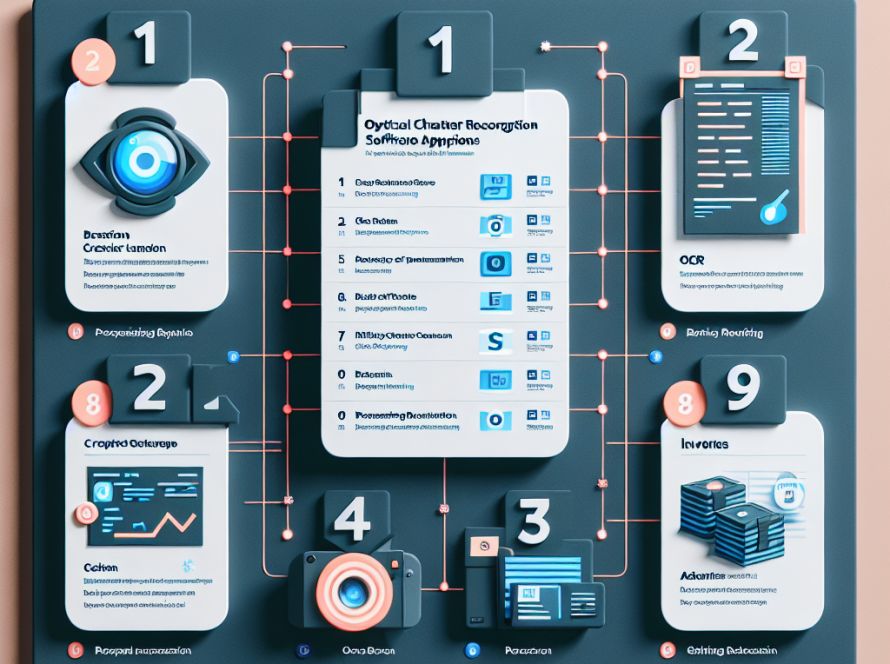On March 14th, 2024, two teenage students from Miami, Florida, aged 13 and 14, were arrested for allegedly creating and sharing explicit images of their classmates using artificial intelligence (AI). The juveniles, who were students at Pinecrest Cove Academy, reportedly used an unnamed AI application to generate and circulate the non-consensual pictures of their peers, who were 12 and 13. Following the exposure of the incident, the school suspended the students and reported the situation to the Miami-Dade Police Department, leading to the arrests on December 22, 2023.
The incident marks a worrying milestone, being the first case in the United States in which criminal charges have been filed for the sharing of AI-generated nude images. Under a Florida law from 2022, it’s illegal to disseminate AI-created sexually explicit images without the depicted individual’s consent, classifying the offence as a third-degree felony comparable to car theft or false imprisonment.
The incident underscores a growing issue facing school districts across America, where the use of AI technology by minors to create and share explicit images of other children has become alarmingly common. Despite this being the first known case of such a charge, similar instances have occurred in both the U.S and Europe.
The rapidly evolving landscape of generative AI has implications on concerns including child sexual abuse material, nonconsensual deepfakes, and revenge porn. Presently, various states are tackling the matter individually, absent a federal law addressing nonconsensual deepfake explicit images.
In response to this escalating issue, President Joe Biden issued an executive order demanding agencies to report on the potential of banning generative AI use in creating child sexual abuse material. Additionally, the Senate and House introduced the DEFIANCE Act of 2024 to further address this problem.
Although the nudity depicted in these AI-generated images isn’t real, the authenticity of the images can induce psychological distress and reputational damage to victims. The White House has labeled such incidents as “alarming” and urged for further legislative efforts to tackle the problem.
The Internet Watch Foundation (IWF) reported that AI image generators have contributed to an increase in child sexual abuse material (CSAM), complicating the investigative process and obstructing victim identification. The role of AI in such sensitive matters highlights an urgent need to address and regulate the use and implications of this technology, particularly in a school setting.


